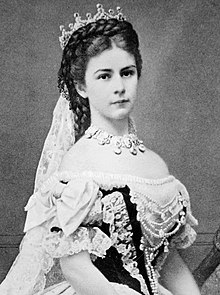Austria
Table of Contents
Vienna, Wien
Vienna is Austria’s most populous city /‘pɒpjʊləs/, with about two million inhabitants, 2.9 million within the metropolitan area, nearly one third of the country’s population.
It is the 6th-largest city proper by population in the European Union and the largest of all cities on Danube river /ˈdænju:b/.
Until the beginning of the 20th century, Vienna was the largest German-speaking city in the world, and before the splitting of the Austro-Hungarian Empire in World War I, the city had two million inhabitants.
Today, it is the second-largest German-speaking city after Berlin.
Vienna is host to many major international organizations, including the United Nations, OPEC and the OSCE.
Vienna is known as the “City of Music” due to its musical legacy, as many famous classical musicians such as Beethoven /‘bei,təuvən/ and Mozart /ˈməʊtsɑ:t/ called Vienna home.
Vienna is also said to be the “City of Dreams” because it was home to the world’s first psychoanalyst, Sigmund Freud. /frɔɪd, ˈsɪɡmənd/
Vienna’s ancestral roots lie in early Celtic and Roman settlements that transformed into a Medieval and Baroque city /bə’rɒk/.
The historic center of Vienna is rich in architectural ensembles, including Baroque palaces and gardens, and the late-19th-century Ringstraße lined with grand buildings, monuments and parks.
Vienna was moved to the UNESCO world heritage in endangered list in 2017. The main reason was a planned high-rise development.
Empress Elisabeth of Austria
/ˈemprɪs/
Duchess Elisabeth Amalie Eugenie in Bavaria (24 December 1837 – 10 September 1898) /bəˈvɛəriə/ was Empress of Austria and Queen of Hungary from her marriage to Emperor Franz Joseph I on 24 April 1854 until her assassination in 1898.